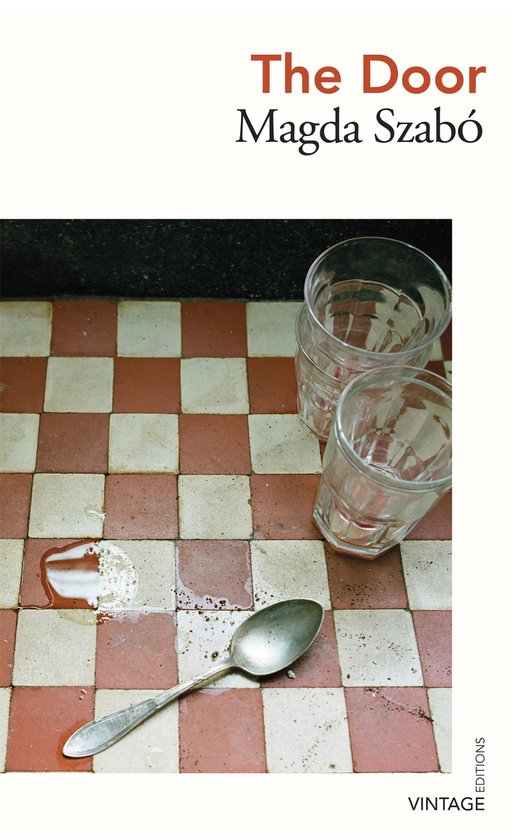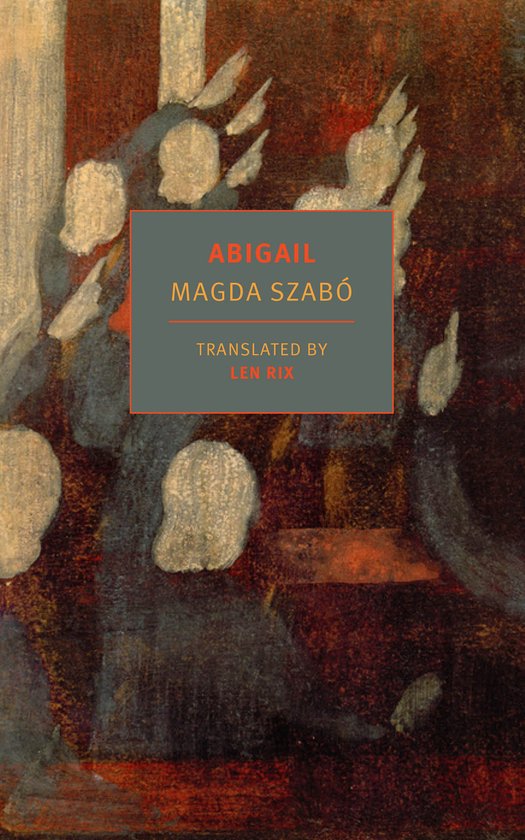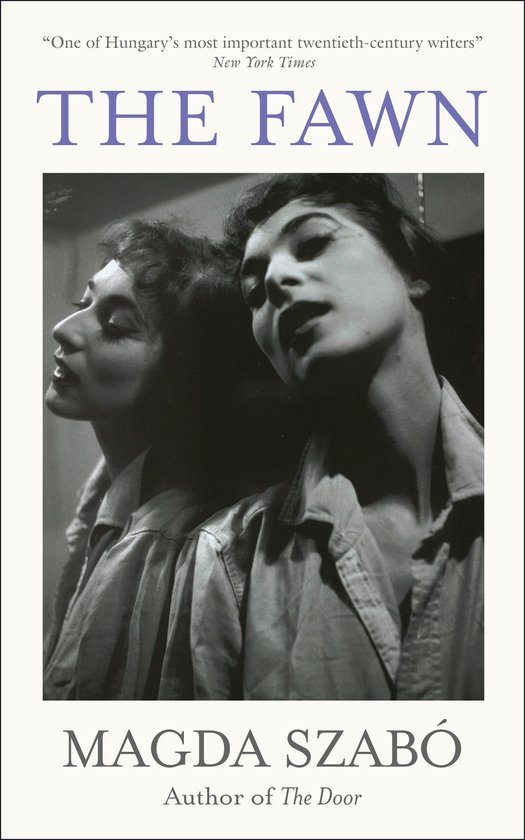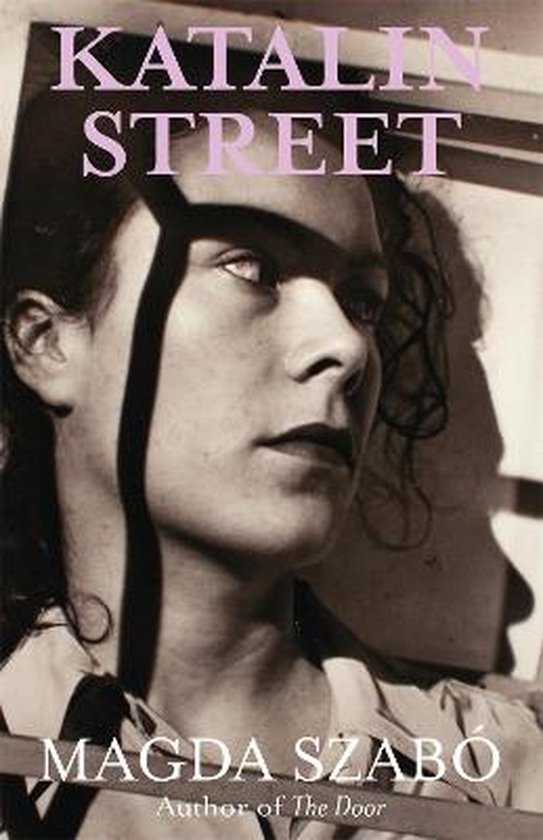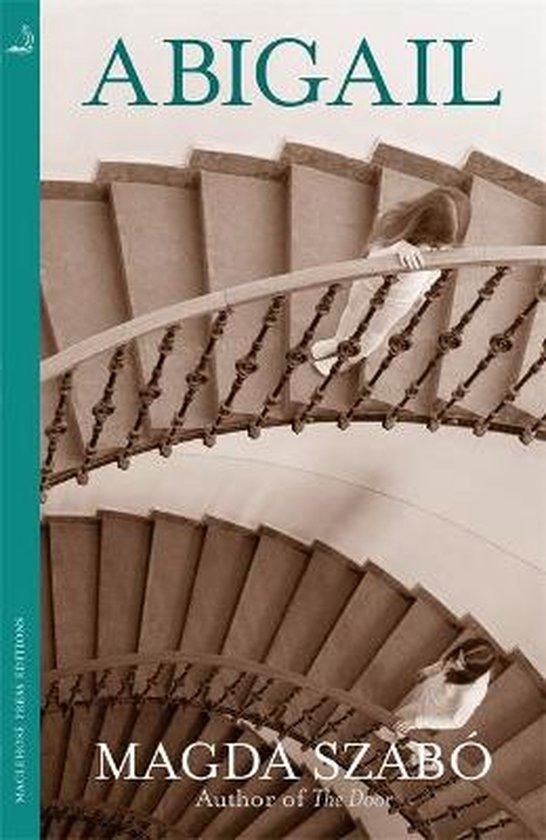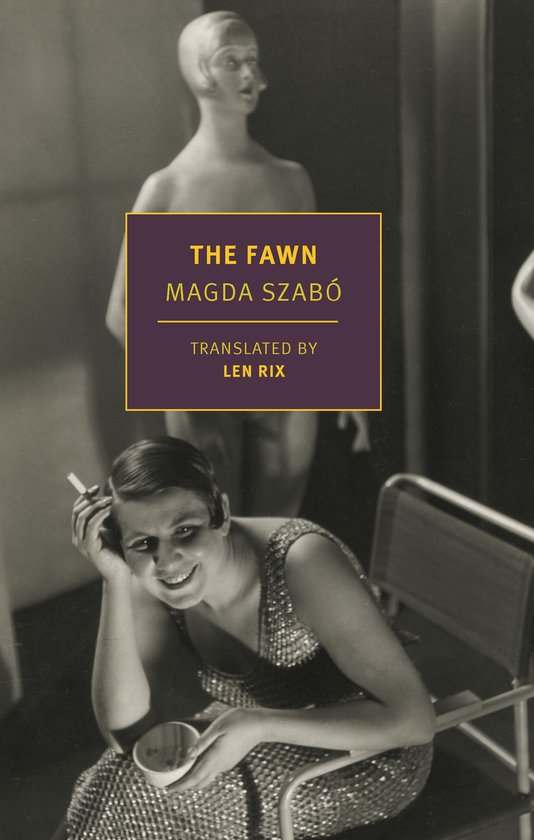
The Fawn
From the author of The Door and Abigail and for fans of Elena Ferrante and Clarice Lispector, a newly translated novel about a theater star who is forced to reckon with her painful and tragic past.
In The Door, in Izas Ballad, and in Abigail, Magda Szabó describes the complex relationships between women of different ages and backgrounds with an astute and unsparing eye. Eszter, the narrator and protagonist of The Fawn, may well be Szabós most fascinating creation.
Eszter is an only child. She grows up in a provincial Hungarian town with her father, an eccentric aristocrat and steeply downwardly mobile flower breeder, and her mother, a harried music teacher failing to make ends meet, in the years before World War II. In postwar Communist Hungary, Eszter has moved to Budapest and become a star of the stage, but she has forgotten no slight and forgiven nobody, least of all her too kind and beautiful classmate Angela.
The Fawn unfolds as Eszters confession, filled with the rage of a lifetime and born, we come to sense, of irreversible regret. It is a tale of childhood, of the theater, of the collateral damage of the riven twentieth century, of hatred, and, in the end, a tragic tale of love.
In The Door, in Izas Ballad, and in Abigail, Magda Szabó describes the complex relationships between women of different ages and backgrounds with an astute and unsparing eye. Eszter, the narrator and protagonist of The Fawn, may well be Szabós most fascinating creation.
Eszter is an only child. She grows up in a provincial Hungarian town with her father, an eccentric aristocrat and steeply downwardly mobile flower breeder, and her mother, a harried music teacher failing to make ends meet, in the years before World War II. In postwar Communist Hungary, Eszter has moved to Budapest and become a star of the stage, but she has forgotten no slight and forgiven nobody, least of all her too kind and beautiful classmate Angela.
The Fawn unfolds as Eszters confession, filled with the rage of a lifetime and born, we come to sense, of irreversible regret. It is a tale of childhood, of the theater, of the collateral damage of the riven twentieth century, of hatred, and, in the end, a tragic tale of love.
| Auteur | | Magda Szabo |
| Taal | | Engels |
| Type | | Paperback |
| Categorie | | Literatuur & Romans |
